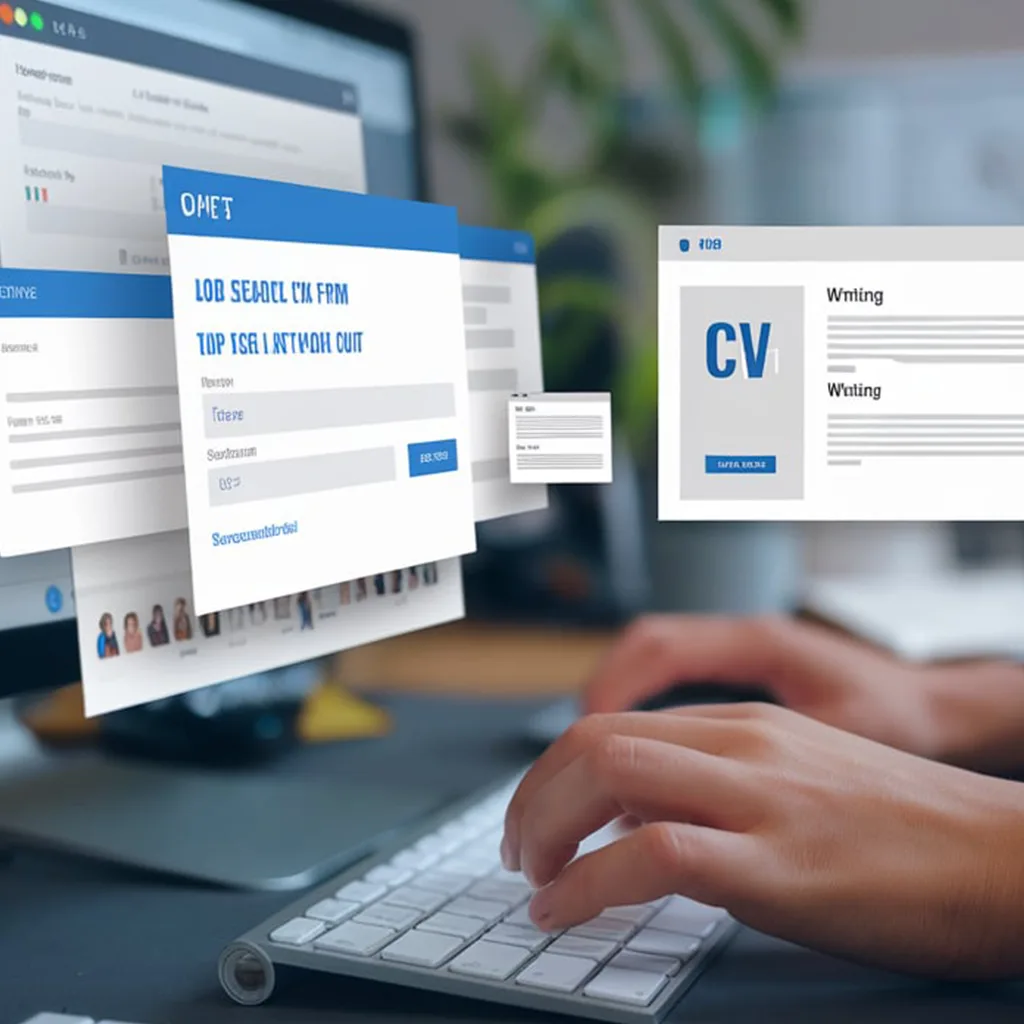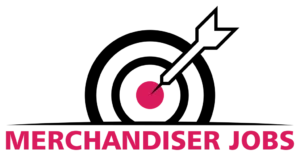Comprehensive Guide: Advice for Interview Candidates and Tips for Employers
In today’s competitive job market, both candidates and employers need to be well-prepared for the interview process. This article will focus on providing advice for interview candidates and tips for employers on conducting effective job interviews, addressing key strategies that ensure a successful and efficient hiring process.
Whether you’re a job seeker looking to make a great impression or an employer aiming to find the best fit for your company, these insights will help you achieve your goals.
Advice for Interview Candidates: Tips and Perspective
Understanding the Job Description
Research the Company and Role
Before stepping into the interview, candidates should thoroughly research the company and the specific role they are applying for. This includes reading the advice for interview candidates and understanding the company’s mission, values, products, services, and recent news. Knowing these details helps you tailor your answers to align with the company’s objectives.
Tailoring Your Resume
Highlight Relevant Experience
Ensure that your resume is up-to-date and tailored to the job you’re applying for. Highlight your most relevant experiences, skills, and achievements that match the job description. Use keywords from the job posting to optimize your resume for applicant tracking systems (ATS).
Practice Common Interview Questions
Prepare and Rehearse
Practicing common interview questions can significantly boost your confidence. Focus on behavioral questions that require you to provide specific examples from your past experiences. Use the STAR method (Situation, Task, Action, Result) to structure your responses clearly.
Conducting Effective Job Interviews: Employer's Perspective
Structuring the Interview Process
Define the Interview Stages
Employers should have a clear structure for their interview process. This might include initial phone screenings, technical assessments, and in-person interviews. Each stage should have specific objectives and criteria for evaluation.
Preparing Interview Questions
Craft Thoughtful and Relevant Questions
Prepare a mix of behavioral, technical, and situational questions that are relevant to the job role. Avoid generic questions and focus on those that reveal the candidate’s skills, experience, and cultural fit.
Creating a Welcoming Environment
Set a Positive Tone
Make sure the interview setting is comfortable and welcoming. Start with a brief introduction about the company and the role, and outline the interview process. This helps put the candidate at ease and encourages open communication.
Tips for Both Candidates and Employers
Effective Communication
Active Listening
For both candidates and employers, effective communication is key. Candidates should listen carefully to the questions and answer concisely. Employers should listen actively to the responses, taking notes, and asking follow-up questions when necessary.
Follow-Up and Feedback
Timely Communication Post-Interview
After the interview, candidates should send a thank-you email, reiterating their interest in the position and summarizing how their skills align with the job. Employers should provide timely feedback, regardless of the interview outcome, to maintain a positive candidate experience
Common Mistakes to Avoid
Candidates: Overconfidence or Lack of Preparation
Balance is Crucial
Avoid coming across as overconfident or underprepared. Demonstrate enthusiasm and confidence without appearing arrogant. Preparation is key to showcasing your qualifications effectively.
Employers: Unstructured Interviews
Consistency is Key
Unstructured interviews can lead to biased hiring decisions. Ensure each candidate is assessed using the same criteria and structured questions to maintain fairness and consistency.
Top Strategies for Employers: Conducting Effective Interviews
Utilizing Technology
Leverage Video Interviews
Video interviews can be a convenient and efficient way to screen candidates, especially for remote positions. Ensure you have a reliable platform and test the technology beforehand to avoid technical issues.
Behavioral and Situational Questions
Assessing Cultural Fit
Behavioral questions help gauge how candidates have handled situations in the past, while situational questions assess how they might handle future challenges. Both are crucial for determining cultural fit and predicting future performance.
Involving Team Members
Panel Interviews
Consider involving team members in the interview process. This not only provides diverse perspectives but also gives candidates a better understanding of the team dynamics and company culture.
Frequently Asked Questions about Advice for Interview Candidates
What are some essential elements of a successful interview process?
A successful interview process includes clear objectives, well-prepared questions, a welcoming environment, active listening, and timely feedback.
How can employers ensure they are assessing candidates fairly?
Employers can ensure fairness by using structured interviews, consistent evaluation criteria, and involving multiple interviewers to provide diverse perspectives.
What types of questions should employers ask during an interview?
Employers should ask a mix of behavioral, situational, and technical questions tailored to the job role. This helps assess the candidate’s experience, problem-solving skills, and cultural fit.
How important is candidate feedback in the hiring process?
Candidate feedback is crucial as it maintains a positive experience and helps improve the interview process. Providing timely and constructive feedback shows respect and professionalism.
What role does technology play in modern interviews?
Technology plays a significant role in modern interviews, enabling video interviews, online assessments, and digital communication. Leveraging technology can streamline the process and improve efficiency.
By following these guidelines and best practices, both candidates and employers can navigate the process more effectively after find a advice for interview candidates, leading to successful hires and fulfilling careers.





